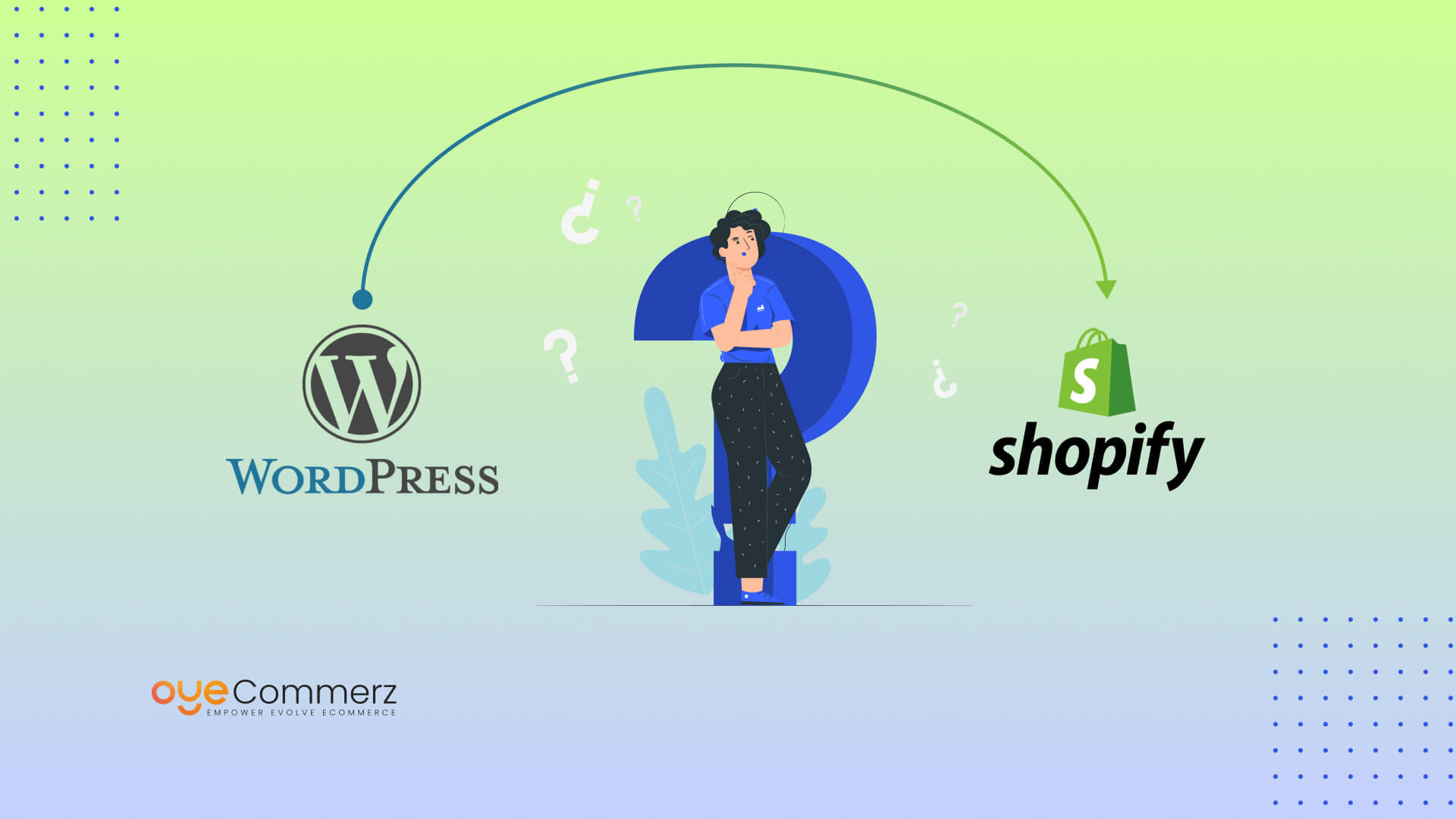In the dynamic world of online retail, picking the optimal platform is essential for your brand’s growth. If you’re presently using WP and considering a migration to Shopify, you’re not by yourself. Many businesses are shifting to utilize Shopify’s comprehensive tools, ease of use, and expandability. This guide will take you through the journey of migrating from WP to this platform smoothly, making sure that you achieve your eCommerce potential.
Why Transition from WordPress to this platform?
Prior to starting the migration procedure, it’s crucial to realize why this transition can be beneficial for your eCommerce business:
Intuitive Design: Shopify features an user-friendly interface that makes easier store operations, allowing for non-technical users.
Growth Potential: As your brand grows, Shopify can handle greater traffic and sales without sacrificing speed.
Built-in Tools: Shopify provides pre-installed tools for SEO, analytics, payment processing, and additional functionalities, minimizing the requirement for several plugins.
Enhanced Security: With Shopify, you benefit from strong security measures that safeguard critical customer details.
Steps for a Effortless Migration
Migrating your online store from WordPress to Shopify includes key steps.
Here’s how to facilitate a successful transition:
Prepare Your Migration Plan
Kick-off by outlining your migration plan. Decide on which components of your existing site you plan to move, such as:
Inventory information
Customer information
Order history
Posts
Select the Appropriate Migration Option
Based on your needs, opt for a migration plan that fits your store. Professional services provides multiple choices:
Starter Package: Perfect for small stores with fewer products.
Regular Option: Recommended for mid-range businesses with moderate requirements.
Advanced Plan: Perfect for big Shopify content optimization stores requiring custom customization.
Secure Your Data
Before beginning the migration, guarantee Shopify blog migration that you have a full copy of your WordPress site. This step is essential in situations where anything goes off track during the migration.
Extract Your Data from WordPress
Utilize extensions or alternative solutions to transfer essential data from your WordPress site:
Products
Clients
Orders
Articles
Migrate Data into Shopify
Once you have your data retrieved, use Shopify’s built-in features or third-party apps to upload your information into your updated store. Verify that all data is correctly formatted and placed.
Customize Your Shopify Platform
After uploading information, customize your Shopify store’s layout to align with your style. Think about engaging a developer if you need advanced customization.
Establish Checkout Systems and Logistics
Arrange transaction methods and logistics options in Shopify to facilitate a user-friendly purchase experience for customers.
Apply Search Engine Optimization Guidelines
To maintain your online visibility during the migration:
Use 301 URL mappings from previous URLs to new ones.
Refresh meta tags.
Adjust images and text for SEO.
Test Your New Platform
Before publishing, completely review your new site. Identify any broken links, checkout failures, or missing data.
Launch Your Platform
After everything is in ready, it’s the moment to go live! Share the update to your users and encourage them to explore the enhanced offerings of your Shopify store.
Post-Migration Support
Even after publishing your Shopify store, ongoing help is important. Consider working with professionals who can help with:
Site maintenance
Customer engagement
Enhancing features
Conclusion
Migrating from WordPress to this platform can be a crucial move for your eCommerce. By adopting this guide and leveraging tools like those offered by OyeCommerz, you can guarantee a effortless transition that improves your online presence. Embrace the shift and discover the full capabilities of Shopify today!

Comments on “Unlocking digital commerce Growth: The Definitive Guide to Effortless WordPress to eCommerce Migration”